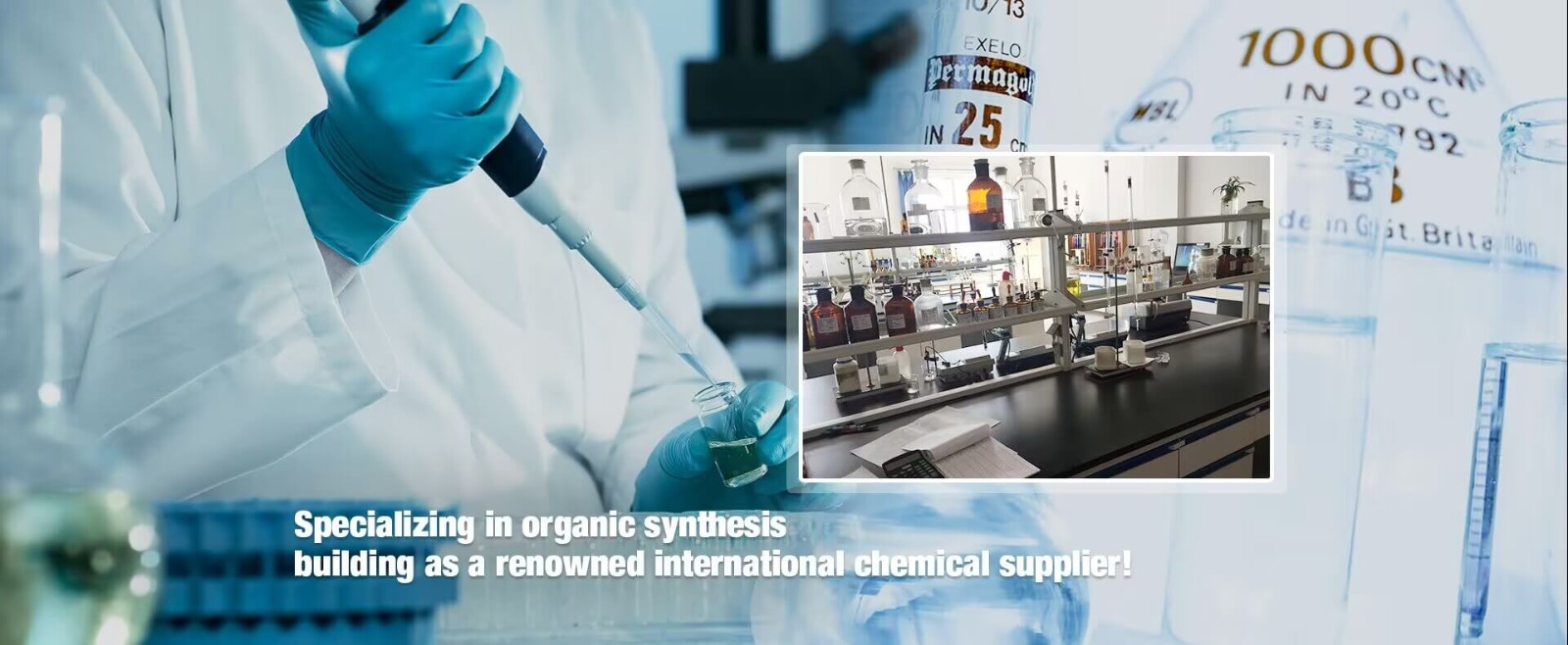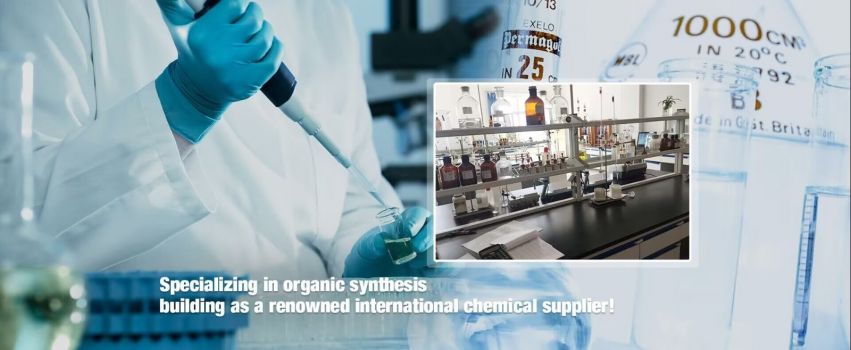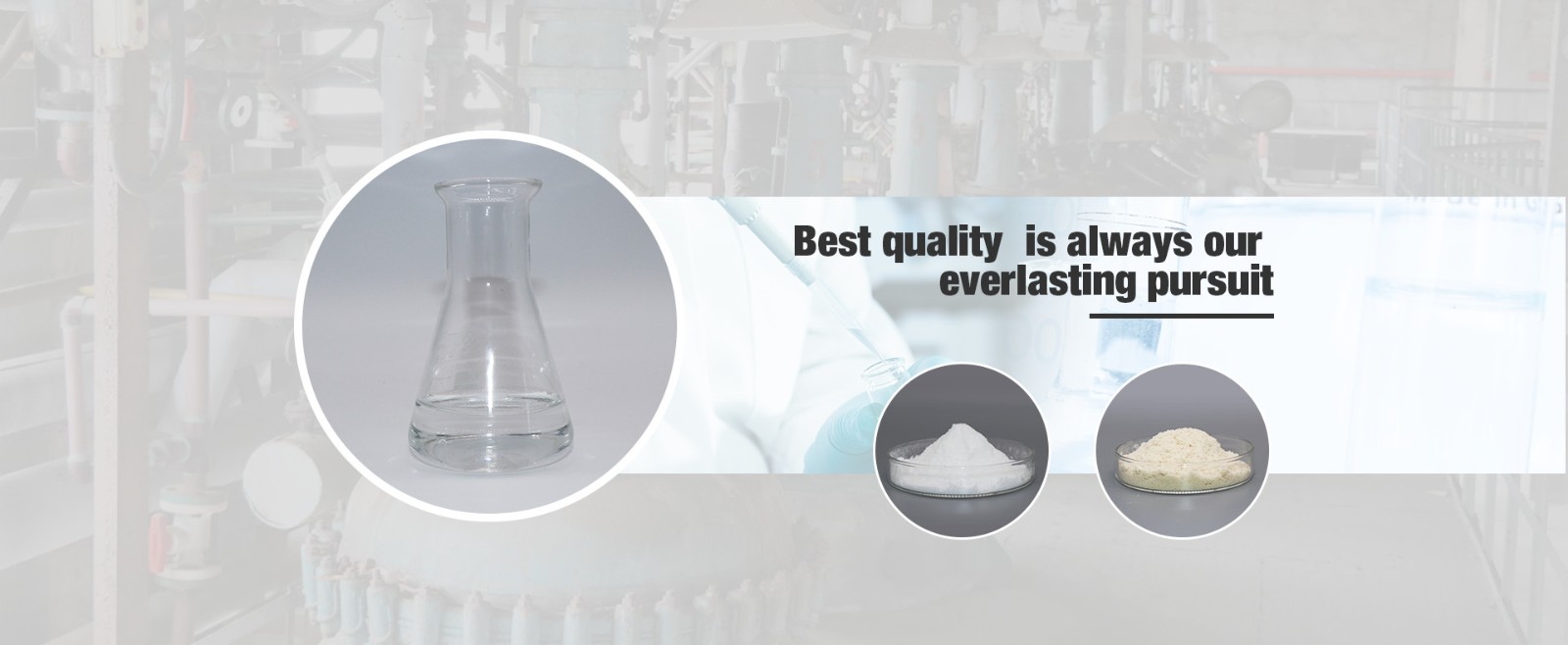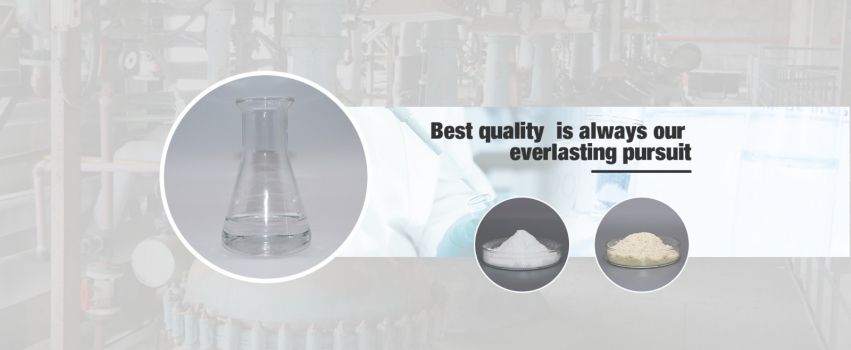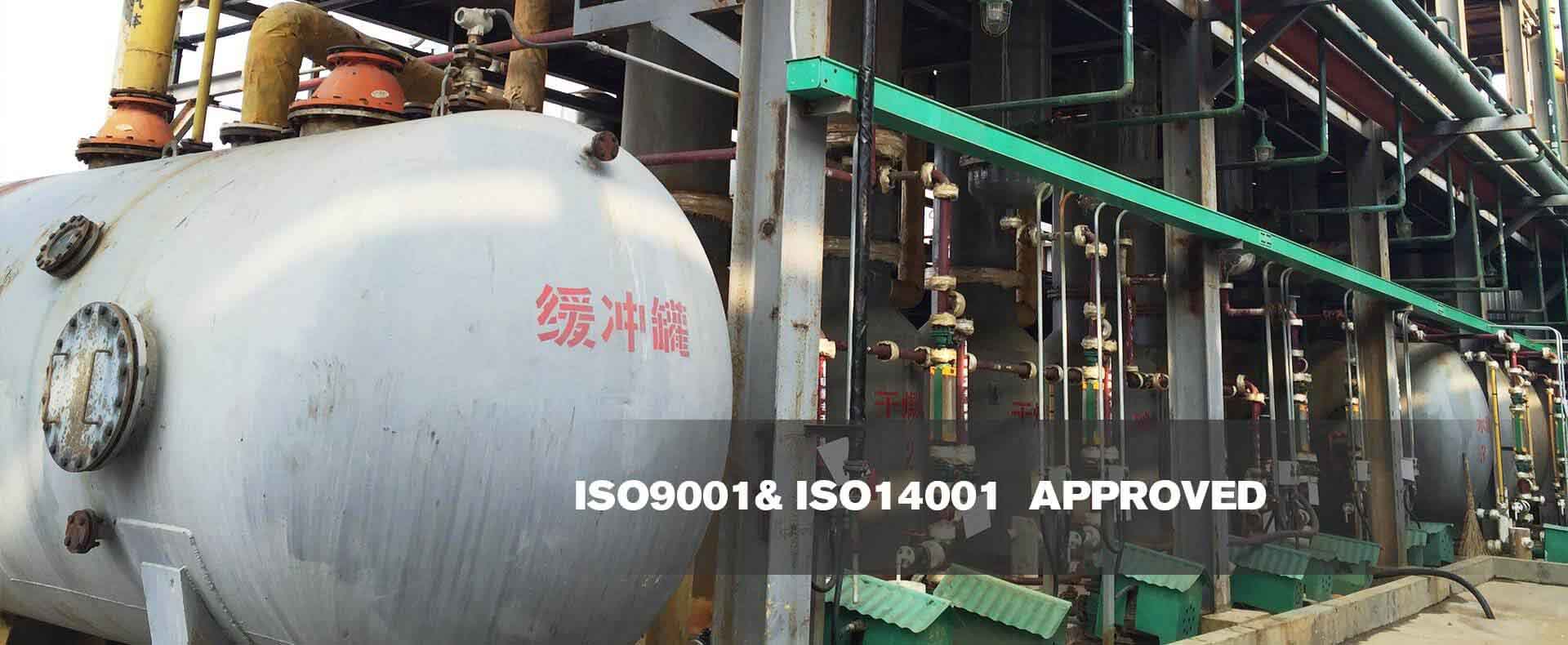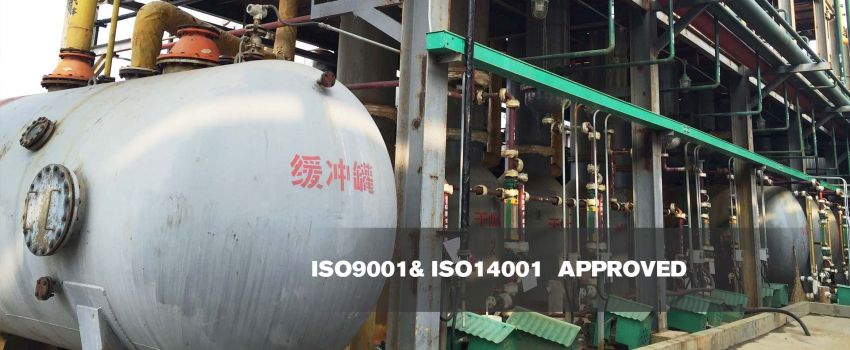A catalyst is a chemical substance that increases the rate of a chemical reaction without being consumed in the process. Catalysts work by providing an alternative reaction pathway that requires less energy than the uncatalyzed reaction, which makes it easier for the reactants to form the desired product. Catalysts are used in a wide range of chemical processes, including the production of fuels, plastics, and pharmaceuticals.
Auxiliaries, also known as auxiliary agents or chemical additives, are substances that are used in conjunction with catalysts to improve the performance of a chemical reaction. Auxiliaries can improve the selectivity of a catalyst, which means that they can help to direct the reaction towards the formation of a specific product. They can also improve the stability of a catalyst, which means that they can help to prevent the deactivation of the catalyst during the reaction. Auxiliaries are used in many industrial processes, including the production of petrochemicals, fine chemicals, and polymers.







